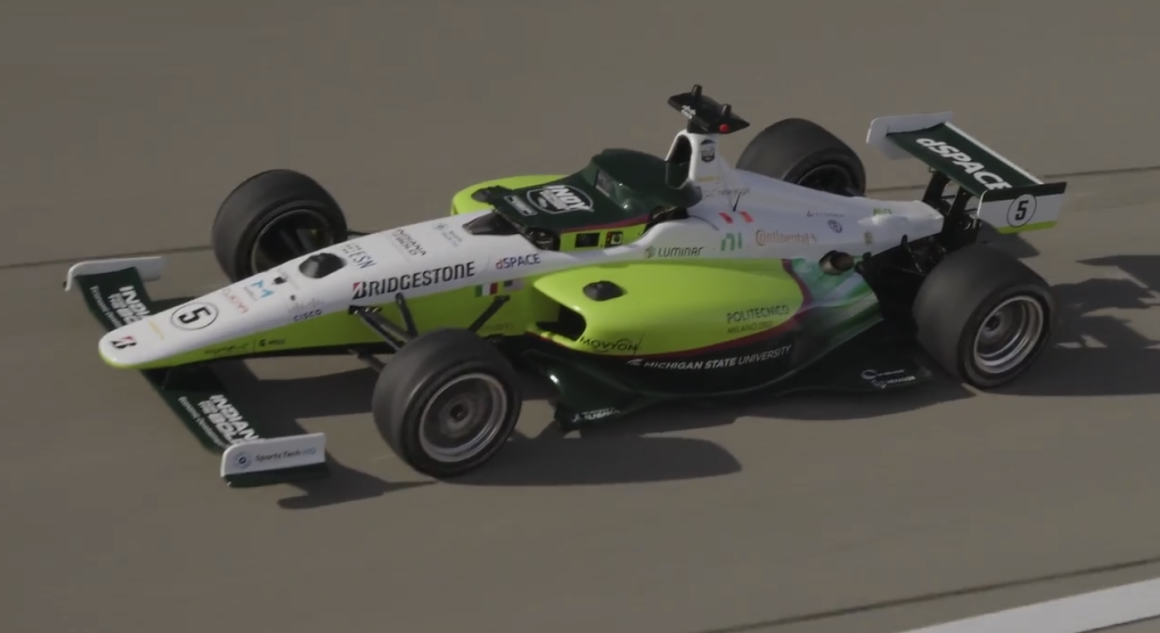Indy Autonomous Challenge (IAC): Where Code Hits 192 mph

Online Drone Betting Guide
We’ve watched humans chase glory at racing circuits and skies above. Now, in autonomous racing, machines compete solo—without a human behind the wheel or controller. It’s a shift from reflex-driven contests to algorithms under pressure. Here’s how some pioneering AI-controlled races are unfolding—and why they matter.
In Abu Dhabi, the Abu Dhabi Autonomous Racing League (A2RL) runs stand-alone AI-only car races at its home circuit. The EAV-24 cars—built by Dallara on Super Formula chassis—race strictly by code, with LIDAR, GPS, hydraulic actuators, and no cockpit in sight.
Our Take: A2RL is far more than a novelty—it’s a live lab for autonomy under extreme conditions. Engineers, not drivers, are the unsung athletes. Betting could follow once formats stabilize; fans may soon wager on whose code handles the chaos best.
The Indy Autonomous Challenge lets student teams pit AI race cars against the clock. Powered by Dallara AV chassis, these machines have reached 192 mph, smashing autonomous speed records.
Our Take: This is pure engineering theater—teams writing code for overtaking logic, emergency handling, and split-second race decisions.
The Drone Champions League (DCL) has tested fully autonomous heats where drones fly without human input, navigating 3D obstacle courses using pre-trained AI.
Our Take: Architecting an AI that manages drone-level speed and agility is staggering. These races reward clever algorithms over hand-eye coordination. Betting would center on the software, not the pilot.
The Monaco Energy Boat Challenge will debut a fully autonomous vessel category in 2025. Here, AI systems will control navigation, course adjustments, and race pace without human steering.
Our Take: It’s niche but groundbreaking. The maritime world is joining cars and drones in letting machines run the race.
Right now, fully autonomous racing is not on the regular betting boards. But the framework is taking shape:
Structured formats like the A2RL race make consistent odds possible.
Team and algorithm markets could replace driver-focused bets, with wagers on AI performance, speed, or reliability.
Rich telemetry data could enable betting lines similar to those in esports.
Our Take: Betting on AI-only races is realistic once events gain stable formats and a steady audience. The main hurdle will be engaging fans without the human drama traditional motorsport provides.
Autonomous racing in 2025–2026 is where AI is tested at full speed. On tracks, in the air, and at sea, machines make every split-second decision. These events are not just competitions—they’re live trials of the systems that could define future transport. For fans, the focus shifts from the fastest driver to the most capable algorithm.


Input your search keywords and press Enter.